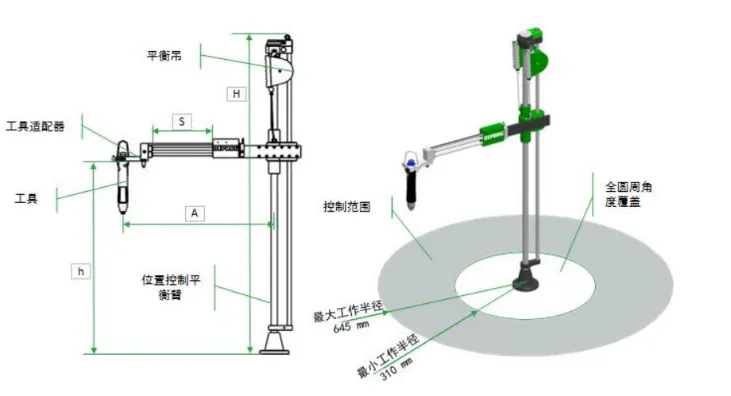Guidelines for an Effective Residential Solar Panel Installation Process and Considerations
The Growing Trend of Residential Solar Panel Installation
In recent years, the demand for residential solar panel installation has surged dramatically, driven by increasing awareness of environmental issues, advancements in solar technology, and enticing financial incentives. Homeowners are increasingly looking for sustainable energy solutions, and solar energy has emerged as a leading option. This article explores the benefits of residential solar panel installation, the technology involved, the financial implications, and the future of solar energy within the residential sector.
Environmental Benefits
One of the most compelling reasons for homeowners to consider solar panel installation is the positive environmental impact. Traditional energy sources, such as coal and natural gas, contribute significantly to greenhouse gas emissions and air pollution. In contrast, solar energy is clean and renewable, harnessing energy from the sun without releasing harmful pollutants. By installing solar panels, homeowners can reduce their carbon footprint and contribute to the fight against climate change. This shift not only benefits the environment but also promotes sustainable living for future generations.
Technological Advancements
The technology behind solar panels has evolved significantly over the past decade, leading to increased efficiency and affordability. Modern solar panels are designed to capture more solar energy while occupying less space. Advances in photovoltaic (PV) technology allow for higher conversion rates and better performance in various weather conditions. Additionally, the integration of smart home technology with solar systems enables homeowners to monitor their energy production and consumption in real-time, optimizing their use of solar power.
Financial Considerations
residential solar panel installation

One of the main barriers to residential solar panel installation historically has been the upfront cost. However, the financial landscape for solar energy has shifted dramatically. Various federal and state incentives, including tax credits and rebates, have made solar installations more accessible and affordable. For instance, the Federal Investment Tax Credit (ITC) allows homeowners to deduct a significant percentage of the installation cost from their federal taxes. In many cases, financing options and leasing arrangements are also available, which can further reduce initial expenses.
Moreover, homeowners can benefit from significant long-term savings on their electricity bills. As utility rates continue to rise, generating one's own electricity becomes an increasingly attractive proposition. In some cases, homeowners can even sell excess energy back to the grid, creating an additional revenue stream. Over time, solar panel installation can dramatically increase the value of a home, making it a wise investment.
The Future of Solar Energy
The future of residential solar panel installation looks promising. As technology continues to advance and costs decrease, solar power is becoming a more viable option for a greater number of homeowners. Several states are implementing aggressive renewable energy goals, pushing for a higher percentage of energy to come from renewable sources. Community solar programs are also emerging, allowing homeowners who cannot install solar panels to benefit from shared solar energy projects.
Building a solar-equipped home aligns with the growing consumer desire for green energy solutions and eco-friendly living. As public awareness of climate change increases, the push towards renewable energy sources is likely to gain momentum, paving the way for more comprehensive policy changes and investment in solar infrastructure.
Conclusion
The trend of residential solar panel installation is not just a passing fad; it represents a vital shift towards sustainability and energy independence. With the myriad of benefits it offers, including environmental advantages, financial incentives, and technological advancements, solar power is becoming a key player in the residential energy landscape. As the world grapples with climate challenges, investing in solar energy may be one of the most effective ways for homeowners to make a positive impact while securing their energy future.
-
String Solar Inverter: The High-Efficiency Solution for Smart Solar EnergyNewsJul.14,2025
-
Revolutionizing Rooftop Energy with the Power of the Micro Solar InverterNewsJul.14,2025
-
Power Independence with Smart Off Grid Solar Inverter SolutionsNewsJul.14,2025
-
On Grid Solar Inverter: Powering the Future with Smart Grid IntegrationNewsJul.14,2025
-
Monocrystalline Solar Panels: High-Efficiency Power for the Future of Clean EnergyNewsJul.14,2025
-
Bifacial Solar Panel: A Smarter Investment for Next-Generation Energy SystemsNewsJul.14,2025







